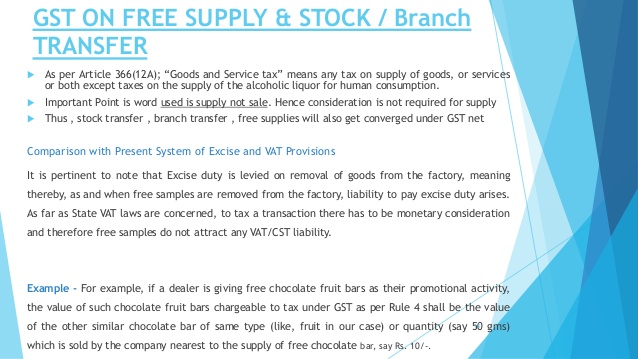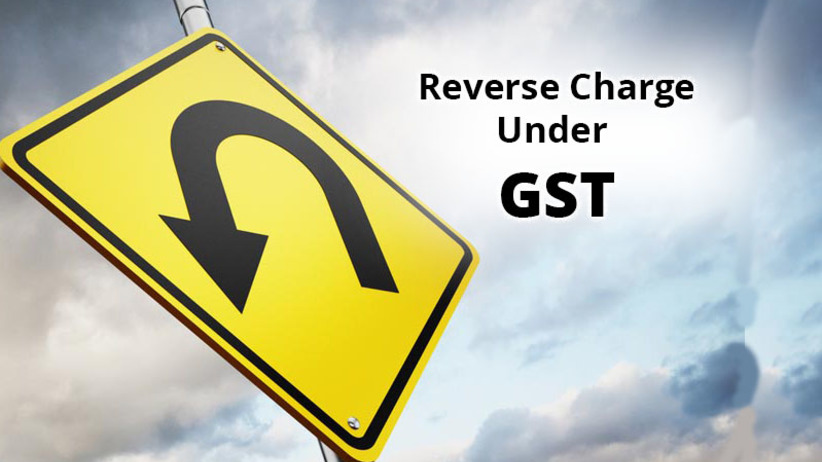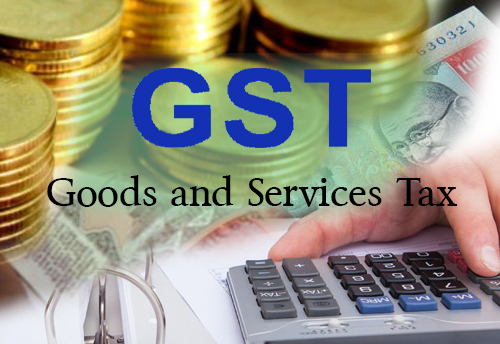Honest and Critical Take on the GST Law-Drawbacks of the GST Bill

critical take on the GST law
Is GST LAW a messiah or a Satan? Let’s find out in an honest and critical take on the GST law.

GST act passed on 6 May 2016. Since the act passed it has become the talk of the town. There have been various comments on how GST 2016 will break the stereotype and bring historic changes in the Indian taxation.
GST law is now in its last mile and is expected to change the face of Indian taxation
We have made ample of articles on GST analysis and performed serious researches too. But it’s time we do an analysis to find out the other aspect of this coin.
…critical take on the GST law like never before
Today we will unfold the reality and untold facts about GST Law model 2016-
1. Incorrect reference regarding PAN India in the definition of Aggregate Turnover
- There is incorrect reference regarding PAN India in the GST model. The phrase “aggregate turnover” has been used twice w.r.t. taxable person and composition levy. In both the cases, turnover is required to be computed as it will decide whether a particular person will fall in the given reference or not.
- Aggregate turnover calculates supplies on the basis of PAN India. Thus aggregate turnover is done state wise basis and the registration of a taxable person is done on that basis.
- Even though GST is in its last mile there should be required changes in the definition of “aggregate turnover” and should be implemented by the lawmaker.
2. Conflict between “address on record” and “location of service recipient”
- According to our research and critical take on the GST law- we found out that the phrase “address on record” is used only in IGST (Integrated Goods and Services Tax) section 6(2). It states that default POPS of services provided to other than registered person will be the “location of service recipient” where address on record exists.
- The definition of “location of service recipient” is given but it is not used in POPS when SR is not registered. The lawmaker should make changes and clearly mention which section will provide a location in the case of the unregistered service recipient.
3. New laws may attract tax on dairy farming and poultry farming
- The GST model has excluded dairy farming and poultry farming from the definition of agriculture which means both of these will attract taxes. All the taxes were amid in earlier laws.
- The lawmakers should clarify and express its stand on the definition of agriculture and improvise.
5. Conflicting stand on the definition of Agriculture and Agriculturist w.r.t Sericulture
- Conflicting stand in the GST 2016 related to Agriculture and Agriculturist w.r.t Sericulture will bother the common man. The term agriculture includes sericulture in its scope.
The term agriculture includes people who cultivate land personally for the purpose of agriculture. - Sericulture is a field where silk is produced from breeding silkworms on mulberry leaves to build silk cocoons. Thus in sericulture, the word agriculturist may differ from the person who cultivates personally.
6. The term “Capital Assets” cannot be used in place of “Business Assets”
- Previously the term capital asset was defined with respect to income tax which further excludes the jewellery used for personal purpose. Furthermore the term personal asset is not defined in the GST law.
- The term “business asset” which is not defined in the law has been used multiple times in the model. On the other hand, the lawmaker has nowhere used the term “capital asset” which should have been used instead.
- The business asset is used in schedule I and II which will levy GST on a business asset with proper credit availment.
- To avoid ambiguity lawmaker should either clearly define the term “business asset” or the term “capital asset” should not be used in place of “business asset”.
7. In the definition of “Establishment,” there is incorrect usage of the phrase “place of business” in place of “Business establishment”
- In earlier law business location was divided into- business establishment and fixed establishment.
- Business establishment: Head Office, central Office (Ex-A co having HO in india and branches in the world).
- Fixed establishment: Branch office (ex-overseas business house sets up an office in india to provide service).
- But in the present case, the Act has defined the business establishment as the place of business. This definition is totally incorrect as “place of business” means all the places where supply is possible.
- According to our analysis the lawmaker should bring necessary changes and the definition of the term “establishment” should be re-evaluated.
We hope that our honest critical take on the GST law was helpful for you.
To know more about the effects of GST on your life click here


 Sales Tax For E-Commerce: 3 Things Small Businesses Should Know
Sales Tax For E-Commerce: 3 Things Small Businesses Should Know  What Is The GST Liability on Free Supply of Goods and Services?
What Is The GST Liability on Free Supply of Goods and Services?  Some FAQs about GST- Understanding Scope and Provisions of GST
Some FAQs about GST- Understanding Scope and Provisions of GST  Understanding the Reverse Charge mechanism under GST and IGST?
Understanding the Reverse Charge mechanism under GST and IGST?  Pros and Cons of GST- Is Ushering in of GST worth Celebrating as media wants us to believe?
Pros and Cons of GST- Is Ushering in of GST worth Celebrating as media wants us to believe?  Arrests and Detention Provisions under GST in Detail- Are these justified
Arrests and Detention Provisions under GST in Detail- Are these justified  ITAT Amritsar: No Section 269SS Violation for One-Time Cash Payment Before Sub-Registrar
ITAT Amritsar: No Section 269SS Violation for One-Time Cash Payment Before Sub-Registrar  Tax Officials Unleash Digital Dragnet: How New Raid Powers Redefine Privacy, Property Rights in India and likely to Fuel Corruption
Tax Officials Unleash Digital Dragnet: How New Raid Powers Redefine Privacy, Property Rights in India and likely to Fuel Corruption  Income Tax Department Rewards for Reporting Tax Evasion: A Comprehensive Guide
Income Tax Department Rewards for Reporting Tax Evasion: A Comprehensive Guide  Forfeiture of Gratuity by Employer- What are the Remedies for an employee- Can employer be challenged?
Forfeiture of Gratuity by Employer- What are the Remedies for an employee- Can employer be challenged?